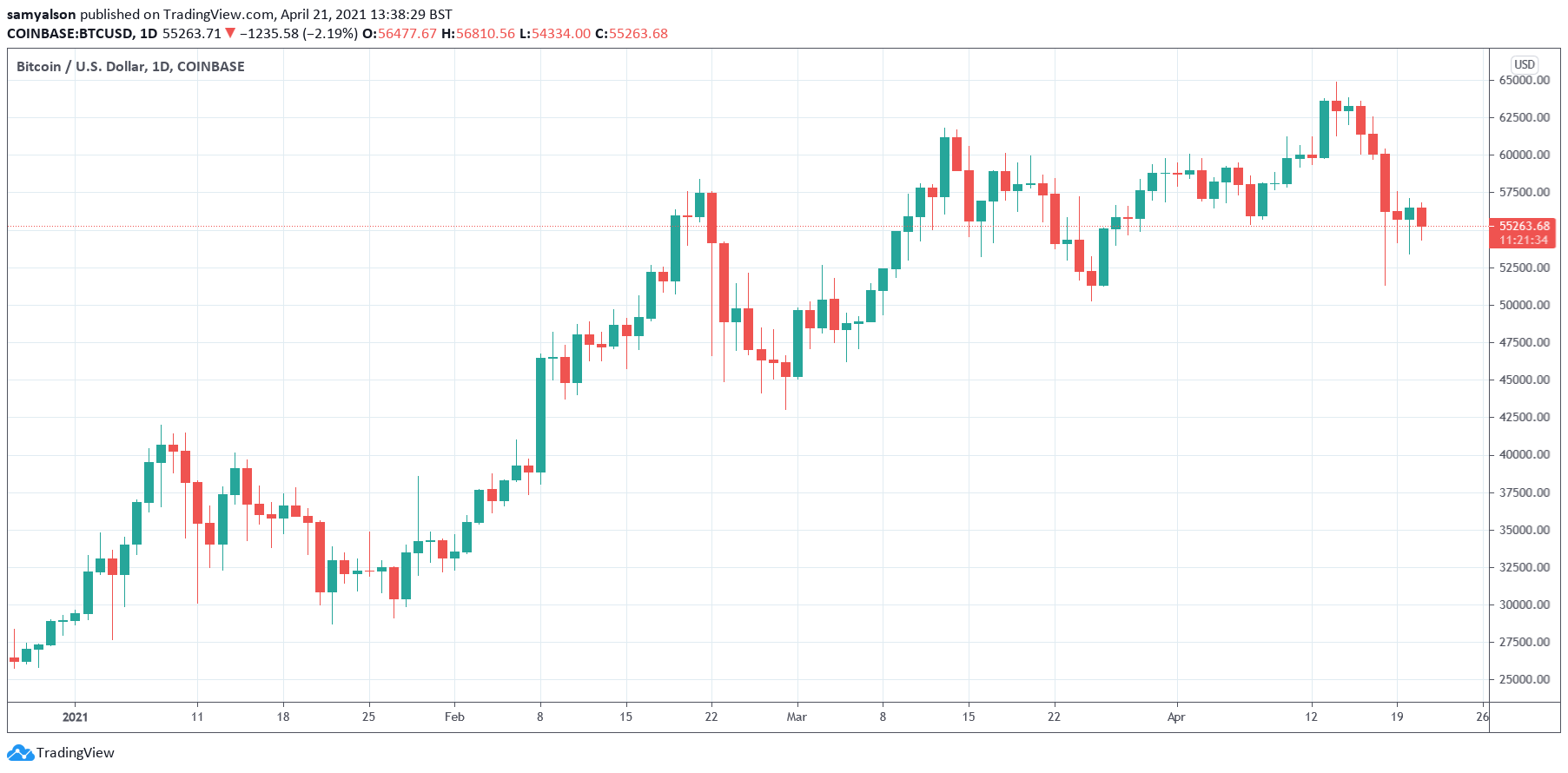Reports That Bitcoin Creator is an International Drug and Arms Dealer Resurface
Evan Ratliff, the author of the book The Mastermind, shares his research on Paul Le Roux, who he believes could be the man behind Bitcoin. Ratliff has pieced together the evidence but admits he fits a story into a narrative, conceding that Satoshi Nakamoto is probably someone else entirely.
The mystery surrounding Satoshi Nakamoto is cryptocurrency’s most enduring question. There has always been a certain dissatisfaction regarding the official narrative, which is only heightened by reports that Nakamoto’s purported 1 million Bitcoin stash remains static. But what is it about Le Roux that draws suspicions?
Who is Le Roux?
Le Roux is a programmer specializing in encryption who turned an online pharmacy business into a worldwide criminal enterprise. He branched out into drugs and arms trafficking while using the threat of violence and murder to keep his lackeys in check.
In 2012, Le Roux was lured to Liberia, which has an extradition treaty with the U.S., on the premise of meeting a Colombian cartel boss. It later transpired the boss was a paid informant for the Drug Enforcement Agency (DEA).
He was arrested by local police, who turned down his bribe and handed him over to the DEA.
In return for confessing and pleading guilty to the charges of conspiracy to import narcotics into the U.S. and violation of the Food, Drug, and Cosmetic Act, Le Roux had immunity from any other associated crimes, including murder. This move spared him the death penalty.
He was handed a 25-year prison sentence by Judge Abrams, who said:
“The scope and severity of Mr. Le Roux’s criminal conduct is nothing short of breathtaking. I have before me a man who has engaged in conduct in keeping with the villain in a James Bond movie.”
The Case For Le Roux as Bitcoin Founder is Weak
Ratliff had conducted hundreds of interviews with associates, and other connected people, turning up not even a whiff of suspicion that Le Roux is Nakamoto. This led Ratliff to abandon that theory altogether.
But in 2018, an unredacted footnote, in the lawsuit by Ira Kleiman against Craig Wright, showed links to a news article and a Wikipedia page on Le Roux, forcing Ratliff to revisit this theory.
Ira is the brother of Dave Kleiman, who mined hundreds of thousands of Bitcoin with Wright. Dave died in 2013, and Ira alleges Wright transferred Dave’s share of the tokens to himself, therefore expropriating Dave’s estate of billions of dollars.
Ratliff points to Le Roux’s expertise in encryption and networking. While working as a programmer before his criminal endeavors, Le Roux spent years creating an encryption software called Encryption for the Masses, or E4M.
“In 1999, he announced E4M on a cryptography mailing list, launched a web site at e4m.net to release the open source code, and began patiently answering technical questions and taking suggestions.”
Satoshi Nakamoto, when creating Bitcoin, followed a similar style. Nakamoto also announced the Bitcoin whitepaper on a cryptography mailing list in October 2008. He then rolled out the software on bitcoin.org and spent time answering technical questions and taking suggestions.
Ratliff also touches on more subtle happenstances such as a Satoshi post that mentions “strong encryption for the masses,” Le Roux’s British commonwealth connection, being a South African, and Nakamoto’s use of British spelling such as colour versus color. As well as an aversion to governmental control that both share.
However, all of this is circumstantial, which something Ratliff admits to.
As for who Satoshi Nakamoto is, this is something we will probably never know.

Source: BTCUSD on TradingView.com
OhNoCrypto
via https://www.ohnocrypto.com
Samuel Wan, @KhareemSudlow

